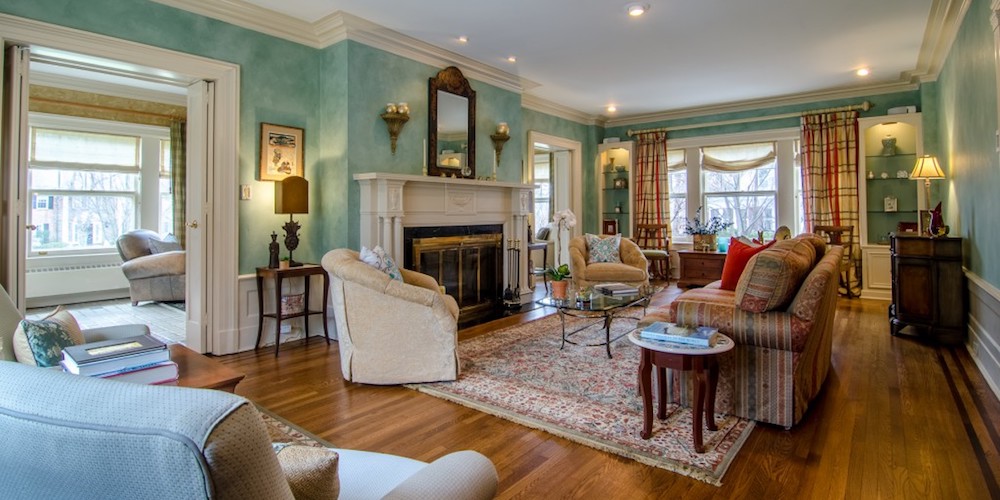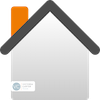
STEP FIVE: HOME STAGING
07/31/2017
What To Do When You Are Selling Your Home
07/31/2017 STEP THREE: GETTING ORGANIZED FOR YOUR HOME SEARCH
STEP THREE: GETTING ORGANIZED FOR YOUR HOME SEARCH
House hunting will be more successful if you take the time to organize yourself.
Getting organized before your home search means developing a good idea of what type of home and neighborhood you want before you begin shopping. Make sure you know what you can afford, where you want to live, and what features you want in your new home. Consider where you want to live and research schools, commuting options, and recreational facilities.
It’s important to have a strong view of where you want to live from the start, otherwise it’s too easy to get excited over a great house in the wrong location. Don’t forget to consider price range when narrowing down your choice of locations, because you’ll want to spend your time looking at neighborhoods where you’ll have a good chance of finding something within your price range.
Features List and Wish List
- Make a features list for your dream home
List the features you want in your new home, including rooms, room dimensions, lot size, architectural style, access to schools, and recreation. Use a wish list when viewing homes to help evaluate each property. - Make a wish list so you can compare homes
Creating a wish list is a great way to get ready for your home search. Once you have begun shopping and viewing homes, it is easy to forget some of the features that you want or need in your new home – especially if the market is strong, and you are pressured to make quick decisions.Your wish list should include all of the features you need in your new home. Homes that do not include everything on the wish list will be rejected.
Nice-To-Have List
Another list should specify those items that you would like, but do not require. Ideally, the house you purchase will include most of these features; however, a property will not be disqualified from consideration if it doesn’t include every item. Consider the following areas – all of these categories should be included on a nice-to-have list.
- Schools
Even if you don’t have children, the quality of the school system is a major contributor to property values. If you do have kids, the issue is a primary one. Is proximity to the schools important to you? - Community services
Are you concerned about parks and other community amenities and services? Would you like a town with recreation sports teams or a county with youth sports? - Age and condition
Are you looking for a newer home or do you prefer an older one with more character? Are you willing to purchase a home that needs repairs or improvements to enhance your buying power? - General and structural issues
Do you need a full basement? A two- or three-car garage? Is central air conditioning a must? What size lot do you require? Is a large (and level) backyard a necessity? How important is landscaping? - Style and layout
What style of home appeals to you – ranch, colonial, contemporary, Tudor? Do you prefer one- or two-story designs? Do you have any specific layout requirements or preferences, for example, a first-floor master bedroom? - Rooms
How many bedrooms and baths do you want or need? What other rooms must your plan incorporate – a formal living room, a dining room, a study, a family room, a large eat-in kitchen? What are your storage requirements? - Architectural and design features
What types of design features do you value most? Popular items include patios, decks, fireplaces, high-ceilinged rooms, and built-in shelving. - Special features
Do you particularly want any special features in your new home – lake views, golf, swimming pool, bonus space, expansion potential, or home office? If so, how important are these items in your decision-making process. - Evaluate financing options
Finding the right mortgage is almost as important as finding the right house. Many lenders offer pre-approval programs that allow you to secure a loan before you even find your home giving you a real advantage when negotiating with sellers. - Pre-qualify for your home loan
Many lenders allow you to apply for a mortgage before you even find a home. Once pre-qualified, the only major requirement for your loan is a satisfactory appraisal of the property to be purchased (once you find it). Pre-qualifying can not only give you peace of mind while shopping; it can really give you an advantage in a tight market – where a seller may preference a buyer who has funding secured.





